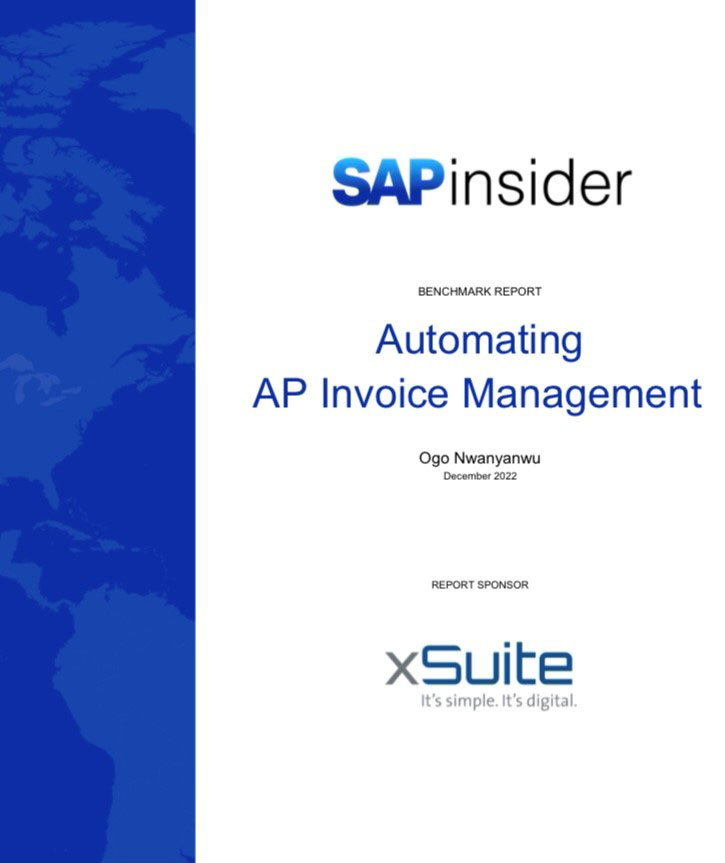Delego’s Five Steps To Get Customers To Pay Invoices on Time
Meet the Authors
Key Takeaways
⇨ Organizations should take steps to make it easy for customers to pay invoices in a timely manner.
⇨ To reduce missed payments, enterprises should deliver invoices early and send automated payment reminders.
⇨ Companies should also use payment portals to allow 24/7 service and address customer concerns as quickly as possible.
Processing payments has proven to be a top priority for SAP organizations for many years. In the SAPinsider SAP S/4HANA Finance and Central Finance: State of the Market 2023 research report, payment processing solutions were the most commonly-used technology, utilized by 33% of respondents.
The accounts receivable process consists of managing invoices, approvals, incoming payments, and enabling organizations to access reports and forecasting features for tracking customer outstanding balances. This is a key strategic priority for many enterprises, yet even the most robust technological solutions cannot always overcome one of the most difficult parts of the process – people.
No matter how well-orchestrated an accounts receivable process is, sometimes customers will simply fail to finalize payments. Some customers may want to hold onto liquid capital as long as possible, others may have overworked finance teams who forget or misplace invoices, while some may just consider making payments a low priority.
Without the risk of serious consequences, some payments falling through the cracks is inevitable. Still, organizations should do everything they can to encourage timely payments. To help companies overcome these issues, the payments experts at Delego provided five tips that can help encourage customers to complete their payments on time.
Deliver Invoices Early
One of the top recommendations Delego offered for getting payments on time is to send out invoices in a timely fashion. Vendors should make an effort to prepare and send invoices as soon as they are able. This gives customers time to prepare their payments. It also leaves time for follow-up reminders. Companies that send out an invoice shortly before a payment is due, then send out reminder emails within a few days may seem desperate and pushy.
Send Payment Reminders
Companies should send out payment reminders proactively. This includes determining a consistent strategy and standardized format for follow-up notifications and reminders ahead of time. Enterprises should consider filling these reminders with invoices, payment links, and customized language based on the timing in the payment cycle and the company receiving the notification.
This is one part of the payments process that can benefit from automation. Scheduling out messages saves AR teams time by automating manually sending out messages and tweaking the language depending on the circumstances.
Make it Easy
Customers will likely take any reason they can to delay or avoid paying their bills. If the payment process is difficult, customers might start processing an invoice then stop the process if it is too time-consuming or something else comes up.
One way to avoid this is to accept credit card payments. This happens in real-time, so customers and vendors know the payment is on its way. Organizations should also consider offering a payment portal. This allows clients to save their information and easily make payments whenever is most convenient for them.
Address Concerns Quickly
Enterprises should always do their best to minimize any issues, miscommunications, or questions customers may have. Yet if one of these issues arises, fixing or accommodating customers should take top priority. Fixing any problems or discrepancies on an invoice can help maintain a positive working relationship and facilitates timely payments.
Improve AR Processes
Organizations should always be open to new and improved accounts receivable processes. AR improvements can speed up cash flow, encourage timely payments, and bolster customer experiences with a vendor.









